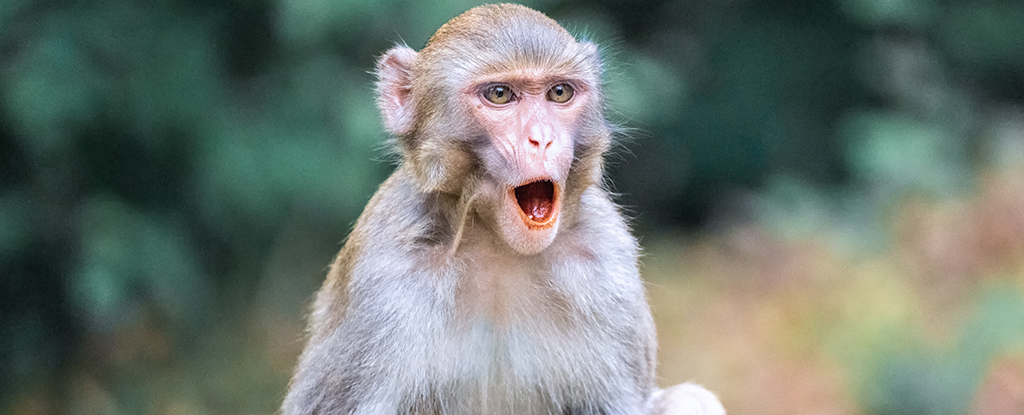Hong Kong’s Centre for Health Protection has reported a 37-year-old man is in critical condition in intensive care after testing positive for a rare virus.
The pathogen, known as herpesvirus simiae or ‘B virus’, is carried naturally in the urine, feces, and saliva of macaques, which roam many of Hong Kong’s public areas.
According to the patient’s family, the man had sustained a wound from one of the animals while he was visiting Hong Kong’s Kam Shan Country Park, also commonly known as Monkey Hill, in late February.
A month later the man presented to Yan Chai Hospital with fever and decreased consciousness, and has since been admitted to the intensive care unit. As of April 3 there are no further official reports on the man’s state of health.
Given the frequency of contact between humans and monkeys in the city, it’s surprising that the case is a first for Hong Kong. Yet the virus, which shares a significant amount of its structure with herpes simplex viruses 1 and 2, simply isn’t as at home in the human body as it is in macaques.
Since the first documented human infection in 1932, just 50 people around the world have tested positive for the virus. According to the Centers for Disease Control in the US, 21 of those infected died.
Without treatment, the death rate is more than 70 percent of those infected, but chances of survival have notably improved over the decades with the introduction of antiviral therapy. Yet that figure isn’t zero; just three years ago, in 2021, a 53-year-old veterinarian based in Beijing became the first death from B virus to be documented in China.
Fatalities typically occur due to inflammation in the central nervous system, as the virus causes swelling of the brain and spinal cord. In less severe cases, patients experience flu-like symptoms including fevers, fatigue, muscle pain and headaches, and in some cases, shortness of breath, abdominal pains, and even hiccups.
As appealing as the monkey antics are for tourists, such close mingling of animal and human populations raises the odds of potentially deadly viruses emerging.
Though B virus currently struggles to make such a dramatic jump between species, it may only take a few small adaptations to transform into something capable of spreading as easily as its herpesvirus cousins.
For now, B virus remains a rare and unusual threat. Nonetheless, it’s advisable to keep a healthy distance from macaques under any setting, for not only human safety, but the animals’ health as well.





